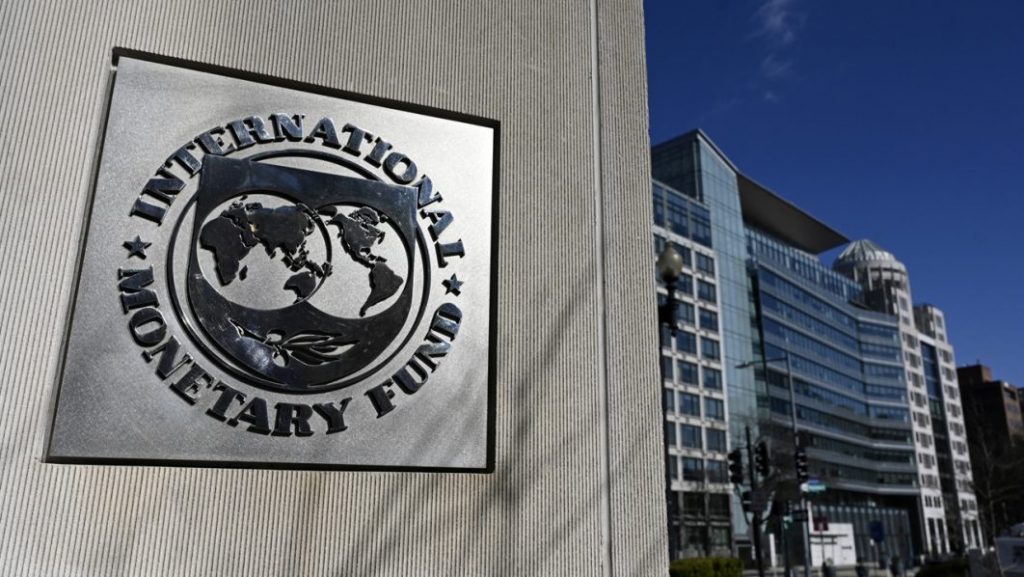The International Monetary Fund (IMF) and International Finance Corporation (IFC) have commended President Bola Tinubu’s administration for its structural reforms, urging Nigeria to maintain the policies driving macroeconomic stability and investment growth.
Speaking on Tuesday at the “International Business Conference and EXPO 2025: Invest Nigeria” organised by the Lagos Chamber of Commerce and Industry (LCCI), IMF Resident Representative Dr. Christian Ebeke and IFC Principal Country Officer, Mr. Christian Mulamula, pointed out areas where the Tinubu administration has made significant progress.
“The first thing that is important is that inflation is finally decelerating. It does not mean that prices are falling but that the pace at which prices are increasing is going down,” Ebeke said.
He also noted that the foreign exchange market had stabilised, reserves were rising, and businesses were now able to access dollars.
“We can see that the reserves are going up and businesses are no longer struggling to find Dollar even though they complain that it is a little bit pricy. But that it is available is a right step in the right direction,” he said.
Ebeke commended the government for landmark tax reform laws but cautioned that much of Nigeria’s foreign exchange inflows were portfolio investments, with very little foreign direct investment going into manufacturing and other productive sectors.
He warned that domestic credit allocation remained heavily skewed toward oil and gas, limiting growth in agriculture and manufacturing.
“The reality of today is that poverty is actually going up in Nigeria and reducing citizens’ purchasing power, and they can no longer afford certain products,” Ebeke said, urging the government to address insecurity, electricity deficits, and agricultural productivity to lower the cost of living and support private sector growth.
“No other emerging market country has to deal with the type of insecurity problem Nigeria is facing. Nigeria needs to fix its security problem for its private sector to thrive. The second is power…There should be a marshal plan to fix the power sector given the multiplier effect it has on other sectors.”
Mulamula echoed the praise for Nigeria’s reforms, noting that unifying the FX markets, tightening monetary policy, and removing the petrol subsidy had positioned the country as a more attractive investment destination. He highlighted opportunities in ICT, pharmaceuticals, renewable energy, and agriculture.
“Expanding the nationwide fibre network will open up new investments in digital for businesses, schools, hospitals and government agencies. This has potential to create over 200,000 jobs,” he said.
He also projected job creation in agricultural processing, renewable energy, and local pharmaceutical production.
Representing the president at the event, Minister of State for Industry, Trade and Investment Senator John Owan Enoh said the government was engaging with key automobile industry players to attract investment in vehicle manufacturing in Nigeria.
President of LCCI, Mr. Gabriel Idahosa, described EXPO 2025 as a platform to “unlock and deepen Nigeria’s boundless investment opportunities from energy to technology, manufacturing to agriculture, infrastructure to creative economy.”
President Tinubu, in a message delivered at the EXPO, reassured investors of his administration’s commitment to creating a conducive business environment.
“My administration was elected with clear mandate to change that story; to rewrite the narrative from that of obstacles to one of opportunities. And I am here today to assure you with the full weight of my office that this is not just a promise but a reality we are building every single day,” he said.

